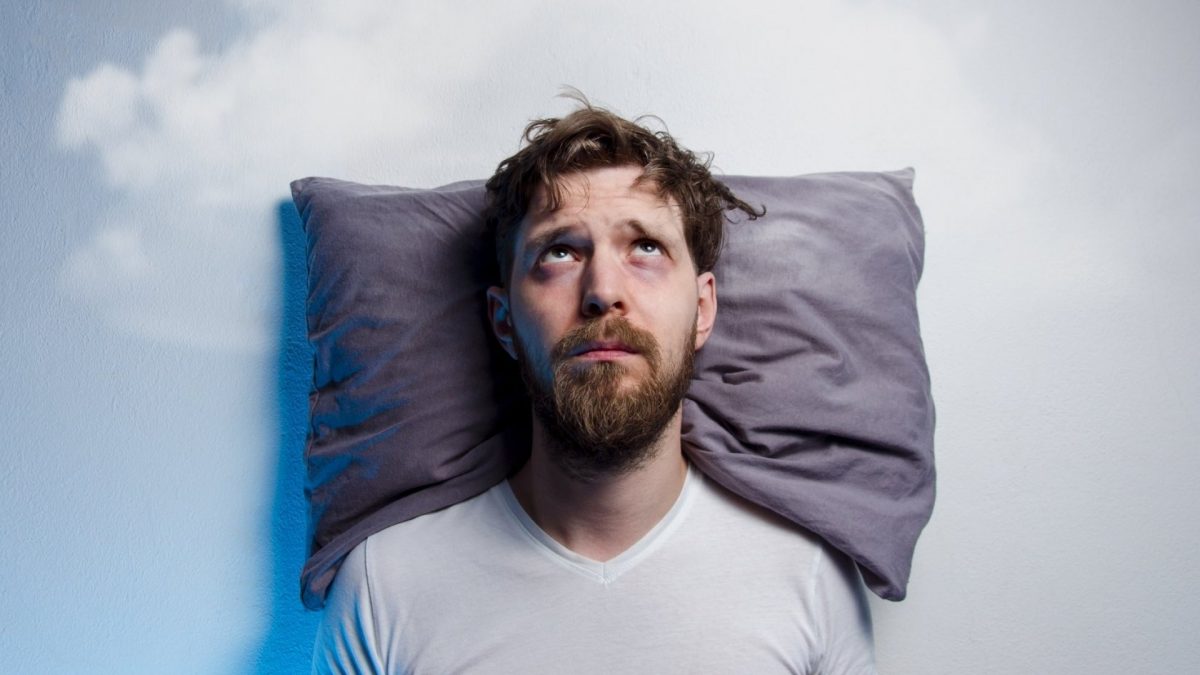Many studies have long confirmed the effects of sleep deprivation on human health. The less we sleep, the worse we feel. As a result, productivity and concentration are reduced. They can be enhanced with modafinil, such as Modalert or Armod. But skin and hair cannot be helped so quickly.
The main function of sleep is recovery, compensation for exhaustion that can occur during the day. At night, metabolic processes are accelerated and cells are renewed. Scientists claim that the renewal of skin, blood and brain cells increases at night by 200-300%.
When a person goes to bed, melatonin and new collagen are produced; blood circulation is activated in the skin. Thus, products with active ingredients (eg, retinol, salicylic acid) are recommended in the evening. Application at this time helps to get a good result and there is no risk of getting burns.
Let’s consider five main problems with the skin and hair that occur when sleep deprivation.
1. Acne appears.
During sleep, the level of stress hormone, which affects sweating and skin secretion, decreases. If a person does not sleep, the functioning of this hormone is disrupted. As a result, the oiliness of the skin increases, inflammation and acne appear. Of course, people with oily and combination skin have the greatest risk. Insomnia impairs the healing of acne scars and all wounds. When sleep is disturbed, they heal much more slowly.
2. Old age comes faster.
Systematic lack of sleep makes the complexion less beautiful, and the elasticity of the skin is lost. As a result, new wrinkles appear on the face and the oval of the face changes.
Swelling of the face, dark circles under the eyes – all this indicates a lack of lymph outflow. Insomnia is one of the most popular and not obvious causes of swelling of the face and body. The less you rest, the worse your body functions. Metabolic processes are slowed down, and fluid in the tissues accumulates. Try to be less nervous before bed, do a relaxing massage to make your sleep better.
3. Infections often occur.
Insomnia reduces the functioning of the immune system. This, in turn, makes the skin more susceptible to the development of infectious processes: the appearance of eczema, fungal diseases and herpes.
The human body is able to function properly and exist only when it interacts harmoniously with a variety of microbiomes. In some situations, the microbiota becomes a savior for humans, and in others – a threat to his life. A healthy immune system can correctly assess a microbe that comes in contact with a person. For strong immunity you need complete rest and recovery.
4. Pigmentation appears.
During a night’s sleep, the body produces natural antioxidants. They help the skin and body better cope with negative environmental factors, including ultraviolet radiation. Lack of sleep weakens the body’s defenses, increasing the risk of burns and hyperpigmentation of the skin. The degree of exposure to ultraviolet rays does not always depend on the season and the temperature outside. Thus, sunscreen is needed even in autumn and winter.
5. Hair becomes thinner.
During sleep, the body produces protein, which strengthens the hair follicles. If you do not get enough sleep, your hair will continually fall out and look thin.








